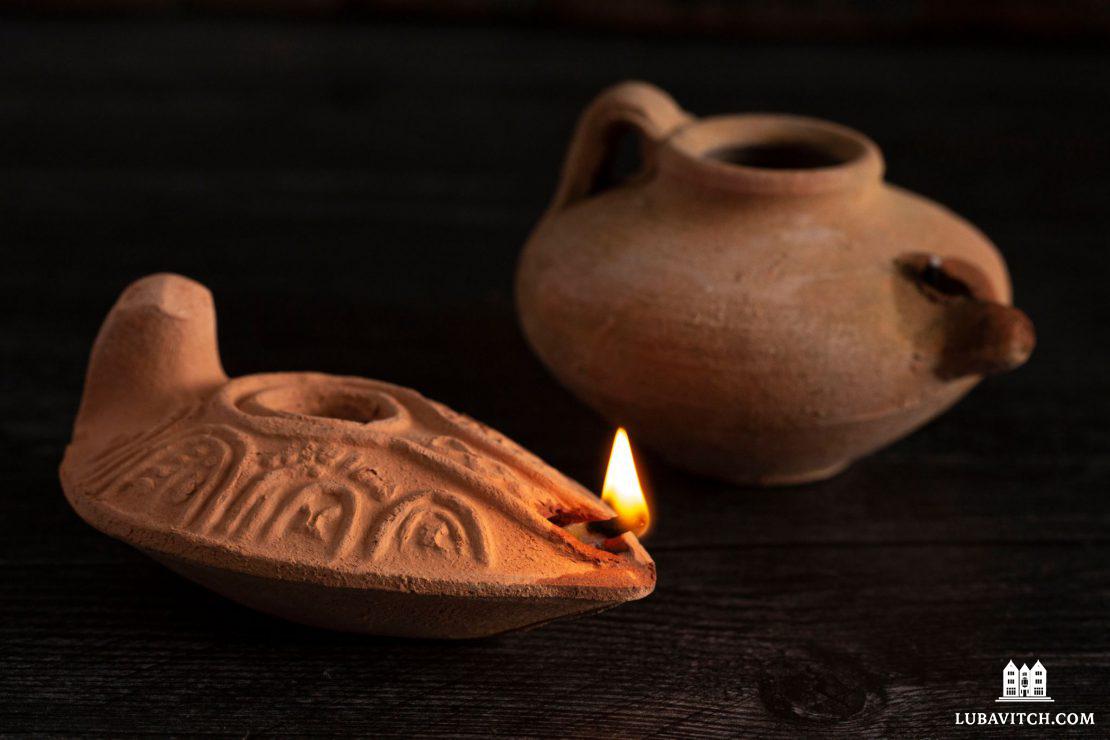“Speak to Aaron,” G-d said to Moses, “and tell him, ‘When you raise up the lamps, the seven lamps will give light in front of the Menorah.’” Thus opens this week’s Parashah, Parashat Bha’alot’cha, named with the Hebrew word for “when you raise up”.
Despite its literal translation, the word b’haalot’cha is used in the parashah as a verb to mean kindle the lamps — a strange word choice. Rashi notices this in his classic commentary, and infers that Aaron is actually being commanded to, “kindle the candles so they will continue to burn on their own.” Still, even when lit the flames never actually rise up, remaining instead in their respective places on their wicks. How can we understand this strange command?
Jewish thought has long considered the flame of a candle to symbolize the soul. Proverbs 20:27 famously says, “the soul of man is a lamp of G-d,” and it has long been our custom to kindle a flame in remembrance of a soul that has passed on. Consider what a candle is like when it is not lit aflame. It’s fine in many ways, perhaps it’s aesthetically pleasing, but it’s clearly incomplete. A flame might seem like one small detail, but the moment we light the candle is the moment the candle’s true potential is brought to the fore. The addition of just one more small detail changes everything, and brings the candle to perfection.
Our lives are similar. We can lead comfortable and stimulating lives, but so long as we are missing the purpose that makes it all meaningful, there’s a clear sense that it’s all incomplete. Genesis 2:3 says that “G-d created the world to do,” meaning that although he created an overwhelmingly complex and beautiful world, he left it incomplete. Our task is to fill in that final piece of the puzzle — purpose.
We can do this by considering the talents, blessings and abilities that we’ve been given, and using them as a means to connect to G-d. Every time we take an object in the world, and utilize it to serve G-d, we “raise it up,” and unlock its true potential. Just as a candle is complete when it is lit, a dollar becomes complete when we donate it to charity, and any item becomes complete when we do a mitzvah with it. It’s one small act, but it changes the entire nature of the object, and “raises it” to a completely new level.
When Aaron lights the candles as commanded, thereby performing a mitzvah, the physical material of the lamp finally achieves its purpose and becomes complete. For our parts, we can “raise up” our lives in the same way, by embracing our role as a “lamp” and illuminating our surroundings with clarity and purpose.
Based on the teachings of the Rebbe, Torat Menachem vol 56. pg. 325

Be the first to write a comment.